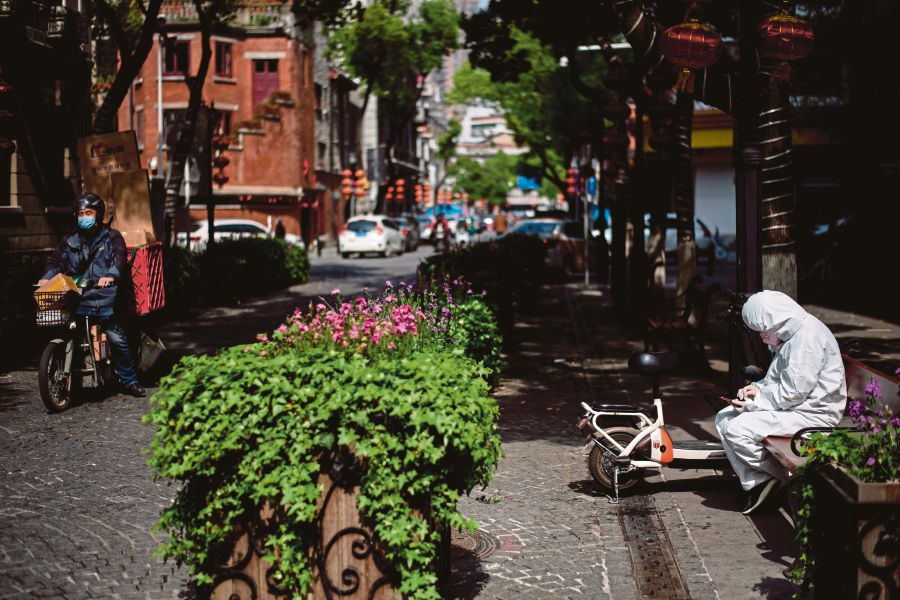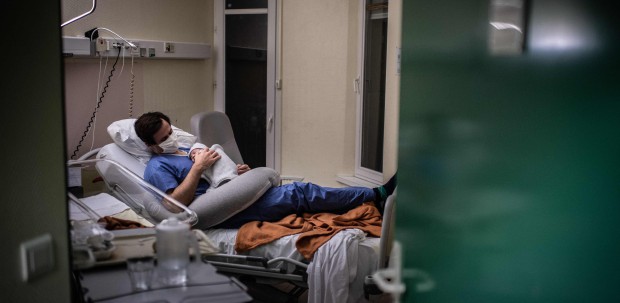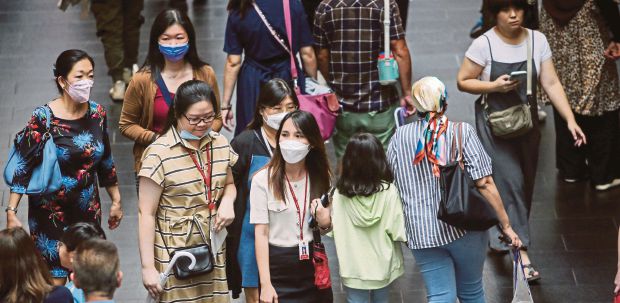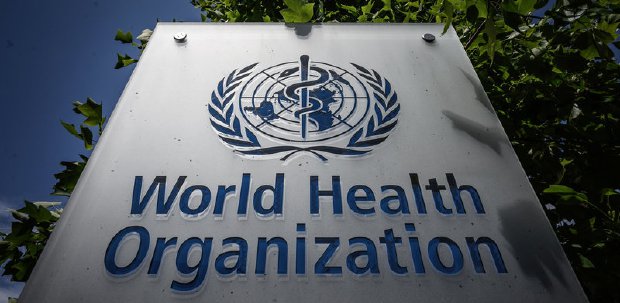LAST month I was asked to complete my chapter on ‘International Organisations — what it is, how important is it’, for a publishing house.
Normally what I do when asked to write is to mull it over for days and weeks sometimes to find the ‘story’ that I want to tell. This time was no different. Which is why that chapter is still a work in progress.
But in the ‘thinking’ process, the novel coronavirus hit. Its scale and magnitude could not have been predicted by many, and the responses by the world’s governments — while necessary — have been nothing short of a Hollywood thriller, but with the “happily ever after” not guaranteed.
A month after most countries instituted a variety of lockdowns, we can see that there are still gaps in the way this virus is being handled.
Because this is a global pandemic, ideally this should have been the best time for the international organisations (IO) to come to the fore. It is at times like these that we need a cohesive, concerted global effort rather than a piecemeal band-aid by individual countries.
In this, I want to build on what fellow columnist Thomas Daniel has hinted but not yet elaborated.
First — how could the IOs have handled this outbreak? The WHO has been too cautious and too slow in labelling this outbreak a “pandemic”.
It was not until March 11, after 4,296 deaths and 128 countries reported their first cases, that the WHO finally changed the status of Covid-19 from a “public health emergency of international concern” to a “pandemic”.
This could have been the signal for IOs to then convene a meeting — not only among themselves, but also an online summit with heads of government — to discuss the way forward.
In that summit, the discussion would be on arresting the spread of the virus — grounding all planes and the timeline in which to do it.
Evacuation procedures would need to have the necessary checks — health screenings, immigration control, humanitarian assistance.
IATA would be the focal point in deciding how this could be done in a way to ensure that “strandedness” is minimised.
Next on the agenda would be needs. Where are the manufacturing plants for the medical equipment located? How do we then distribute it to the countries that most need it now?
Instead of countries banning the export of medical equipment, this is where capacity and need would have to be coordinated.
The ugly side of this virus outbreak is that it is not only ordinary people who suddenly want to panic-buy, countries also start hoarding or keeping “just in case”.
We see this not only among countries, who at first refused to share, but also in the different states of the US, where instead of moving much-needed equipment to the hotspots, states hoarded it or started stockpiling for themselves.
The “Me First!” instinct was very much evident in the European Union, where hardest-hit Italy was left floundering without their European allies stepping up to the plate.
In the end, it took China, which had largely battled the pandemic on its own, to send assistance in the form of personnel and equipment.
Those days that Italy had to fend for itself could have been avoided if the coordinated, cohesive global effort had been in place.
Instead, UN Secretary-General Antonio Guterres lamented that “we can only do what member states request us to do”.
Note that this did not stop so many secretaries-general before him from establishing mechanisms to meddle where they were not even invited.
Why the hesitation now? Because this time it is not the poor, uncoordinated developing countries which are in need, but the big, fund-providing developed countries?
Every country is trying out their own formula in containing the virus. That is not necessarily a bad thing, but surely we can multitask enough to do both — work together in concert and at the same time doing the kind of lockdown that is needed in our own community.
Containment has to be case-specific: what works in The Gambia might not work in Nigeria.
But different countries working together would quickly identify the comparative advantage of each as well as what is the stage we are at — which countries need beds for the sick, which countries need protective equipment to prevent the spread, and which countries need the ventilators most.
It would also allow us to tap into the millions of health personnel that we have around the world rather than just relying on the doctors we already have.
There are so many points that can be made, but the WHO and the UN have lost a golden opportunity to show not only that it can lead, but that it is relevant to people. In this time of crisis, it has failed to ensure the subservience of state sovereignty for the greater good.
The writer is a foreign service officer who writes on international affairs with a particular emphasis on Africa






